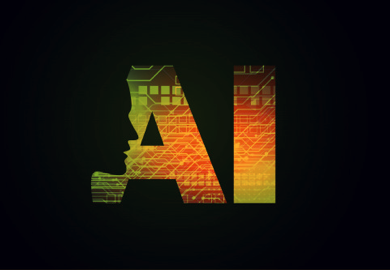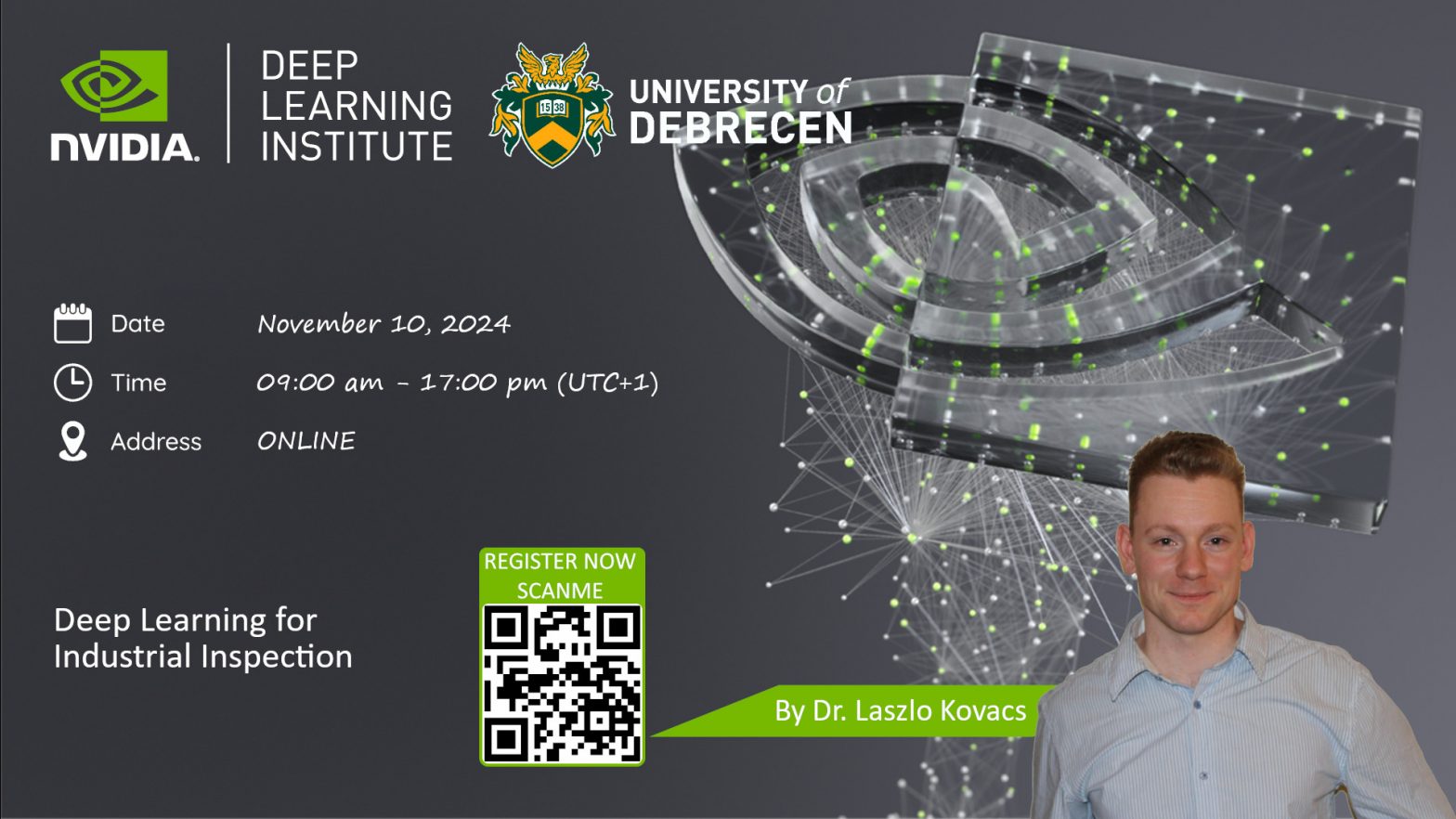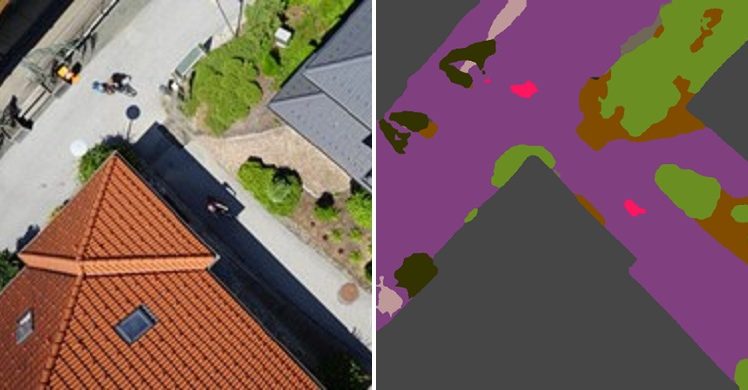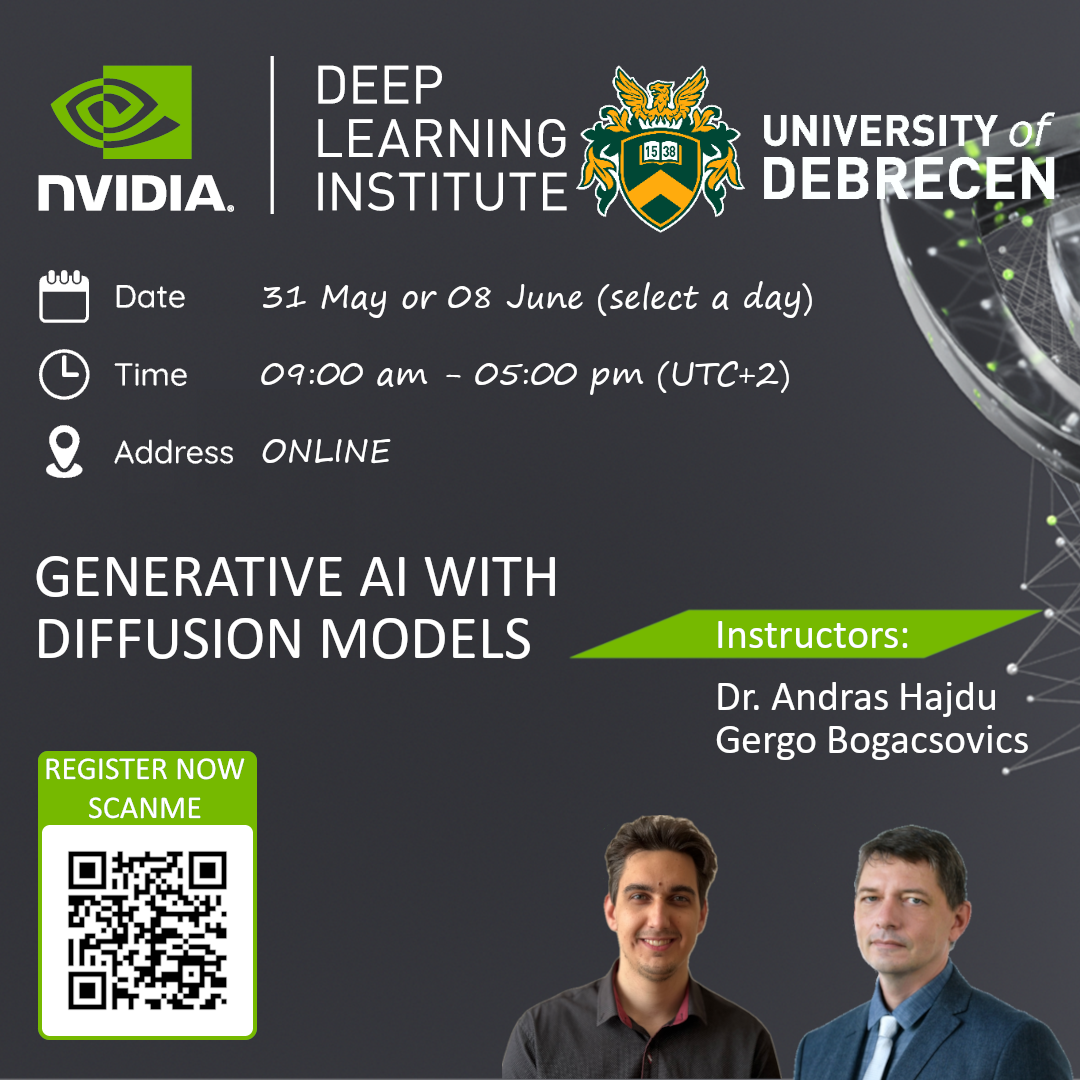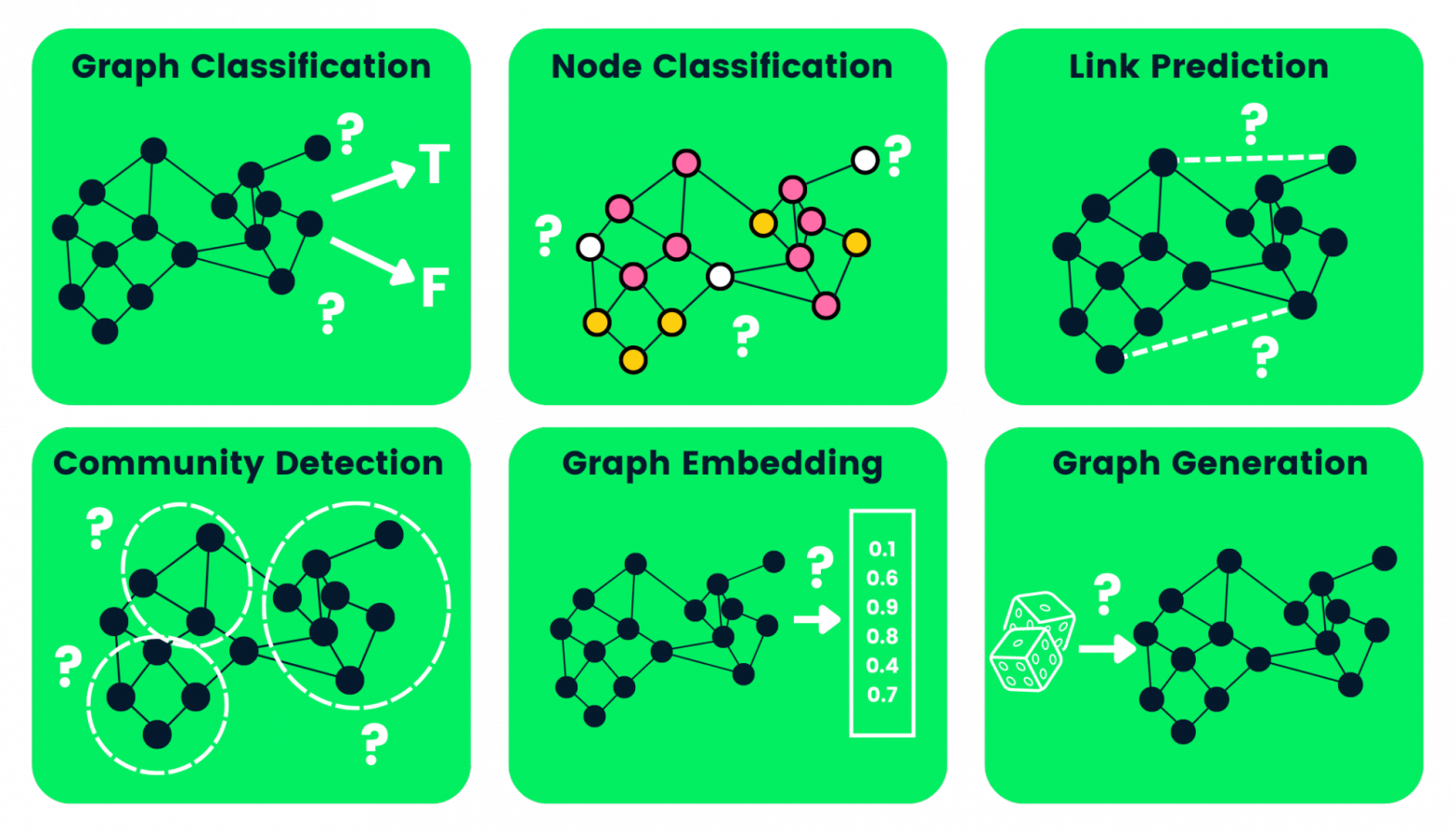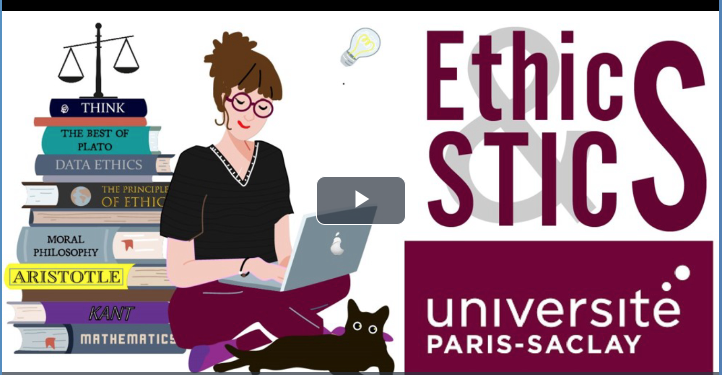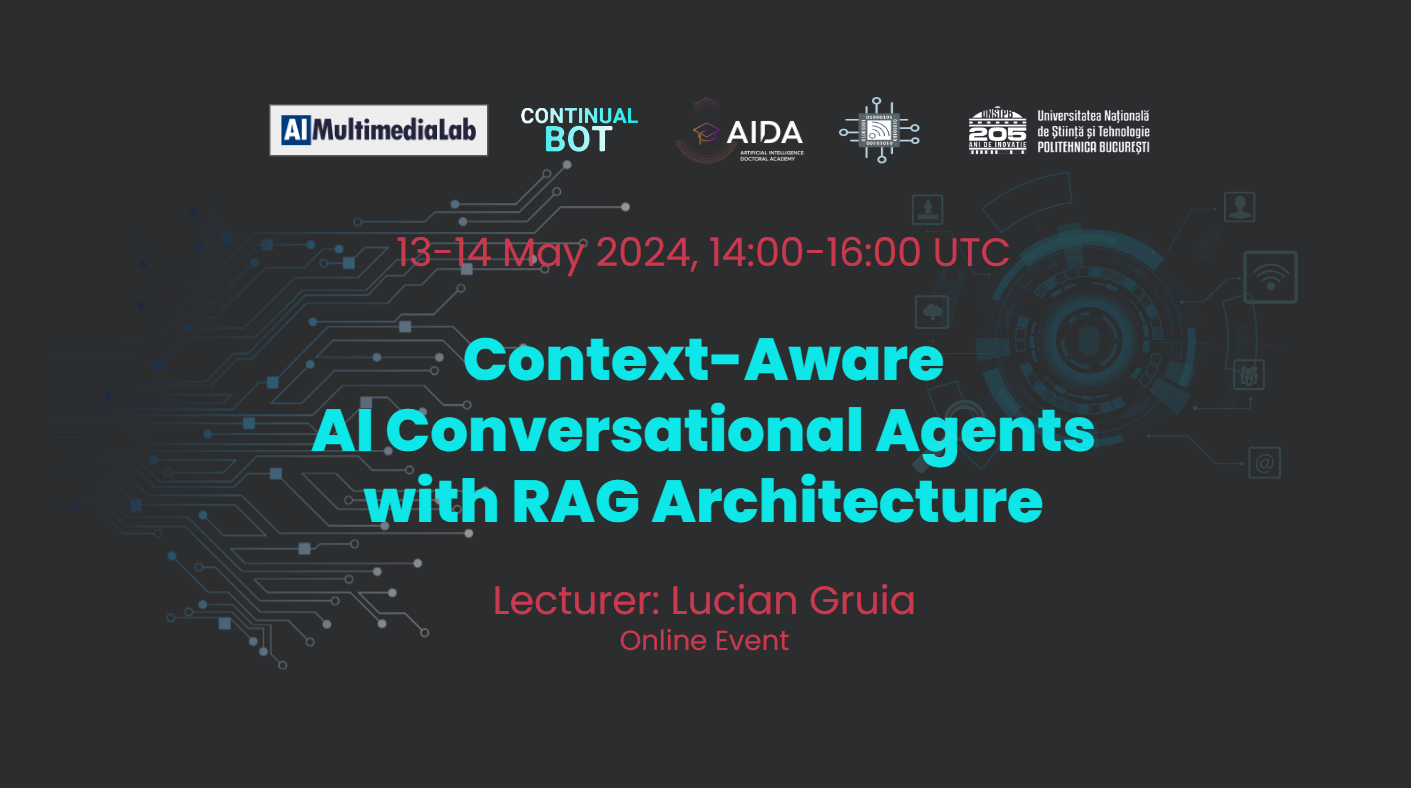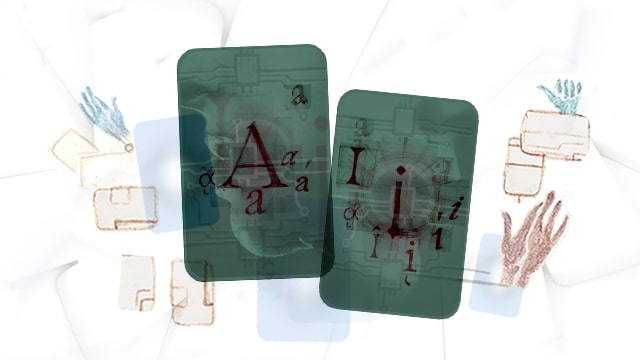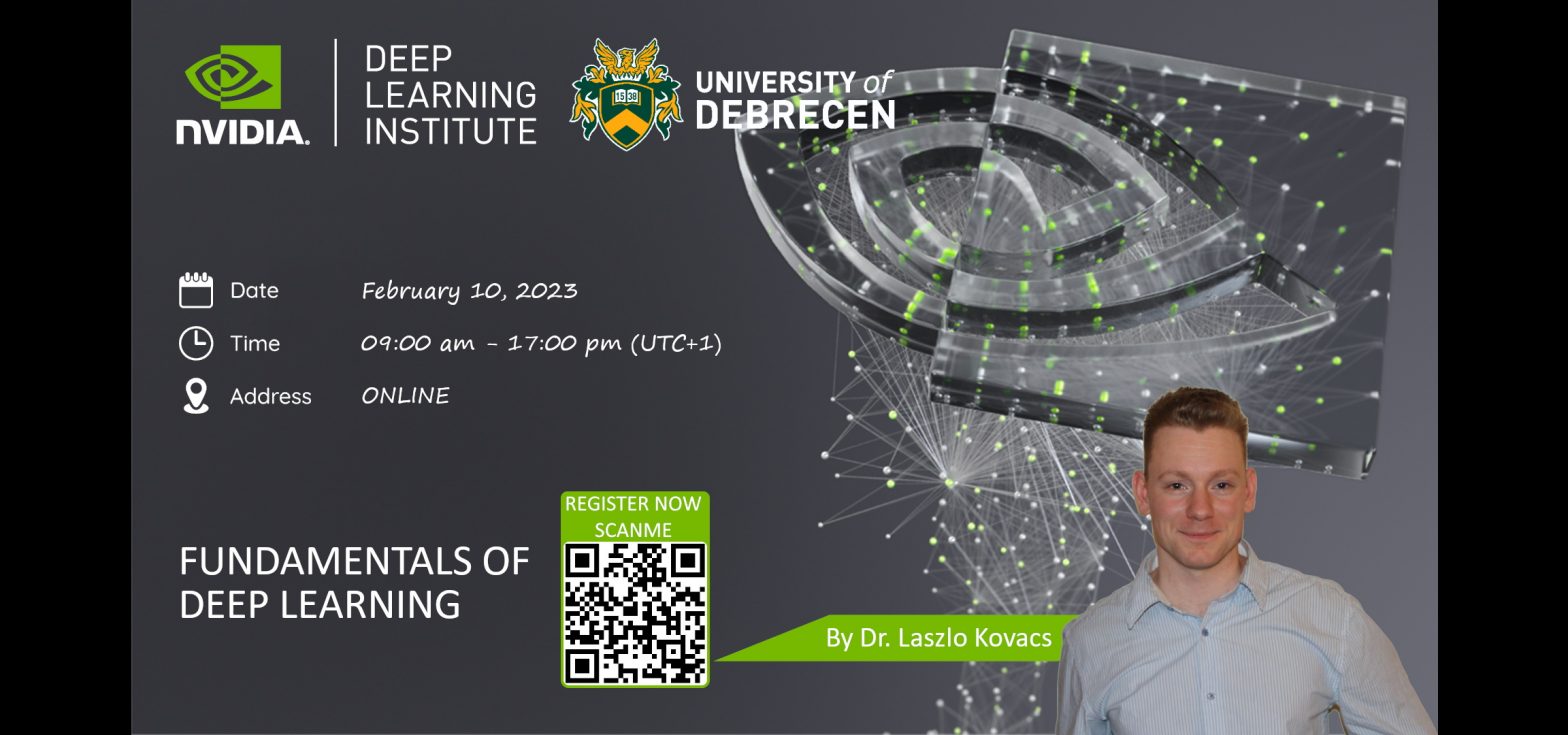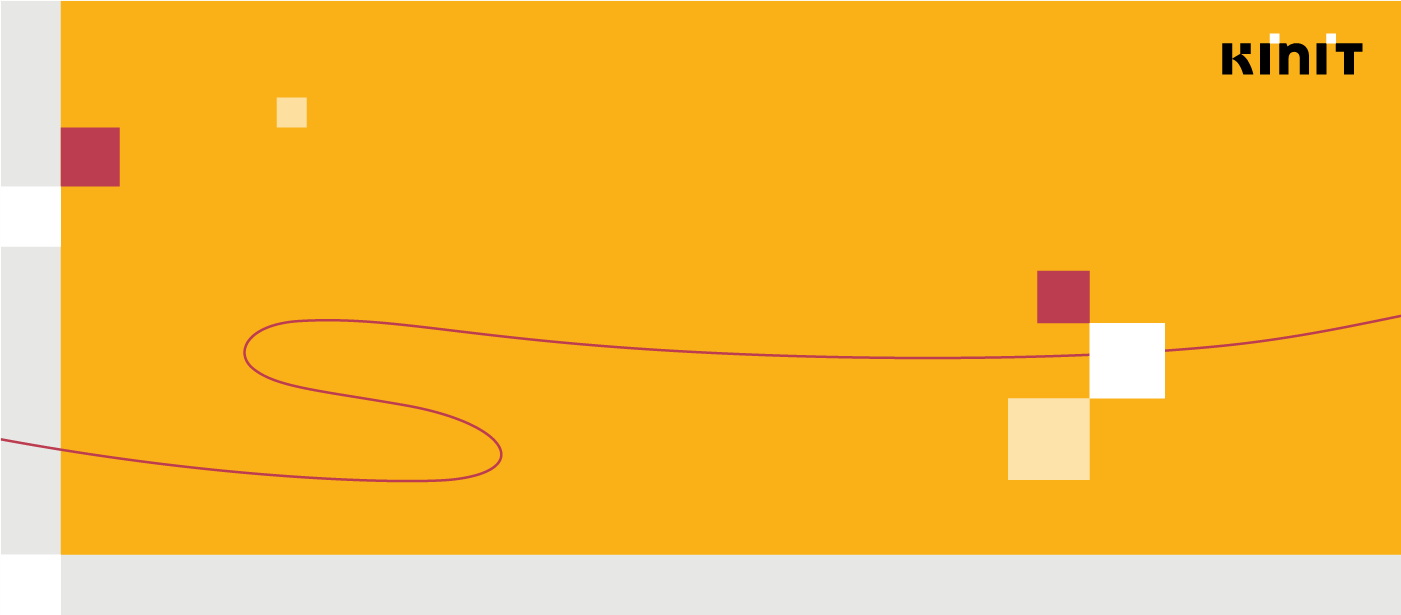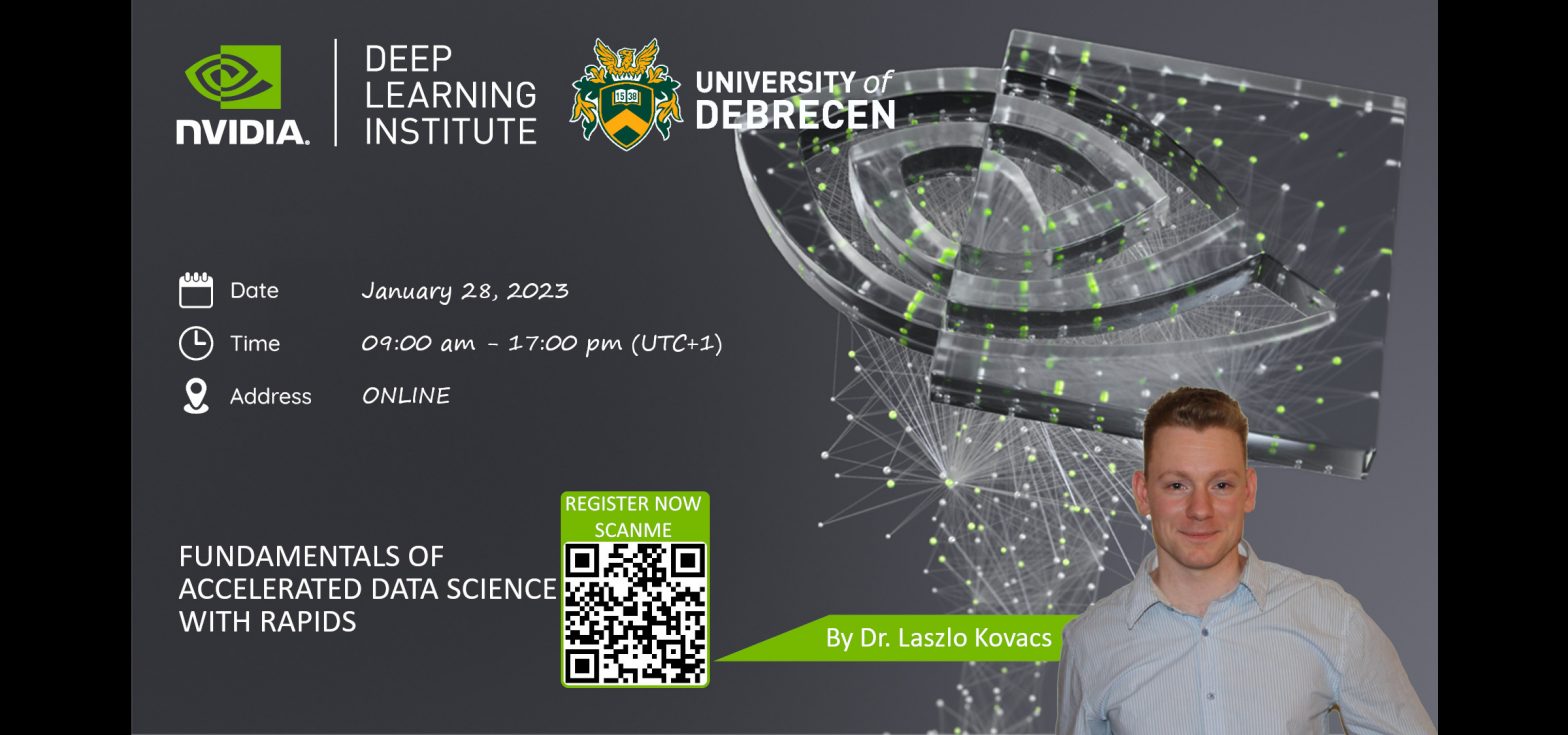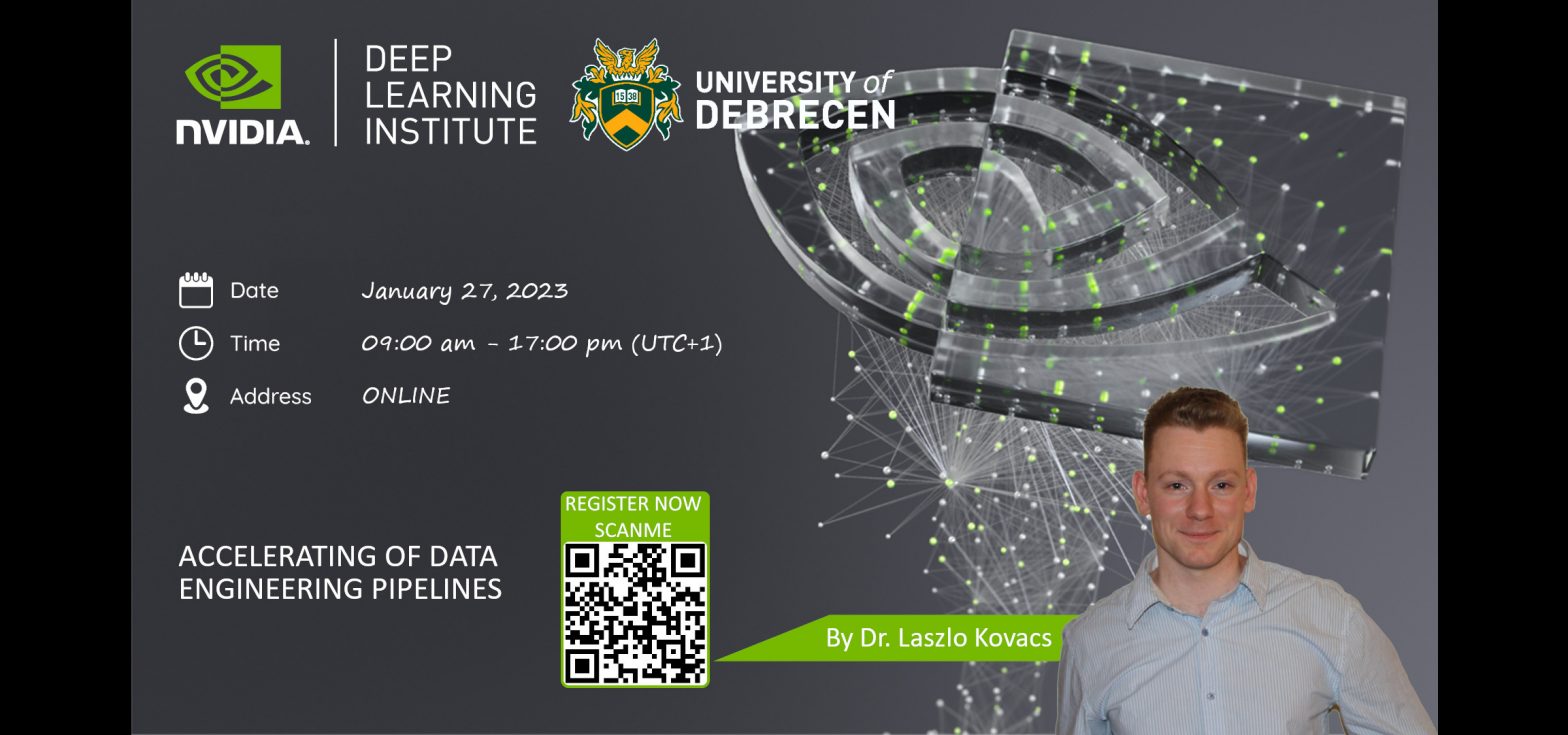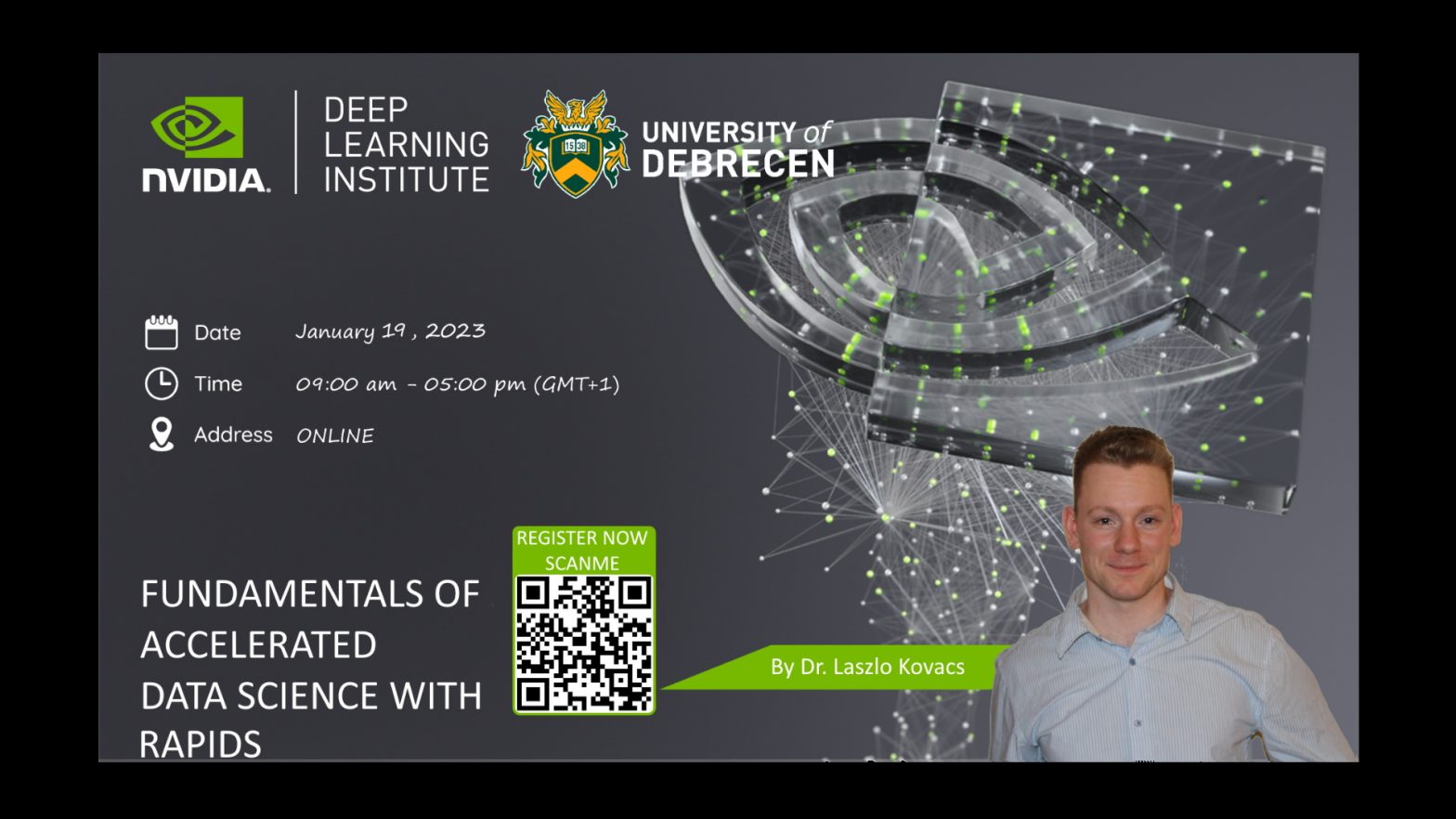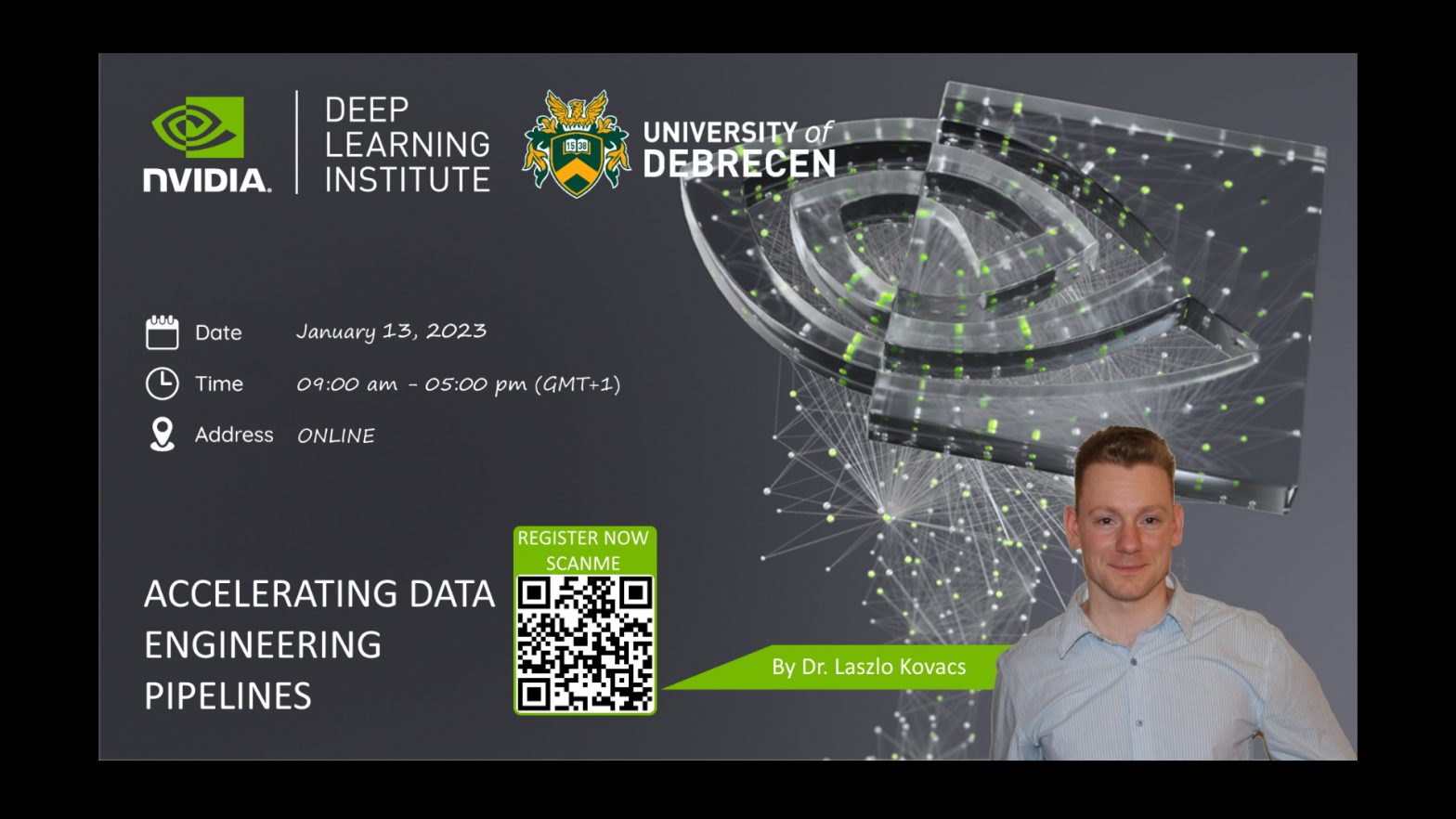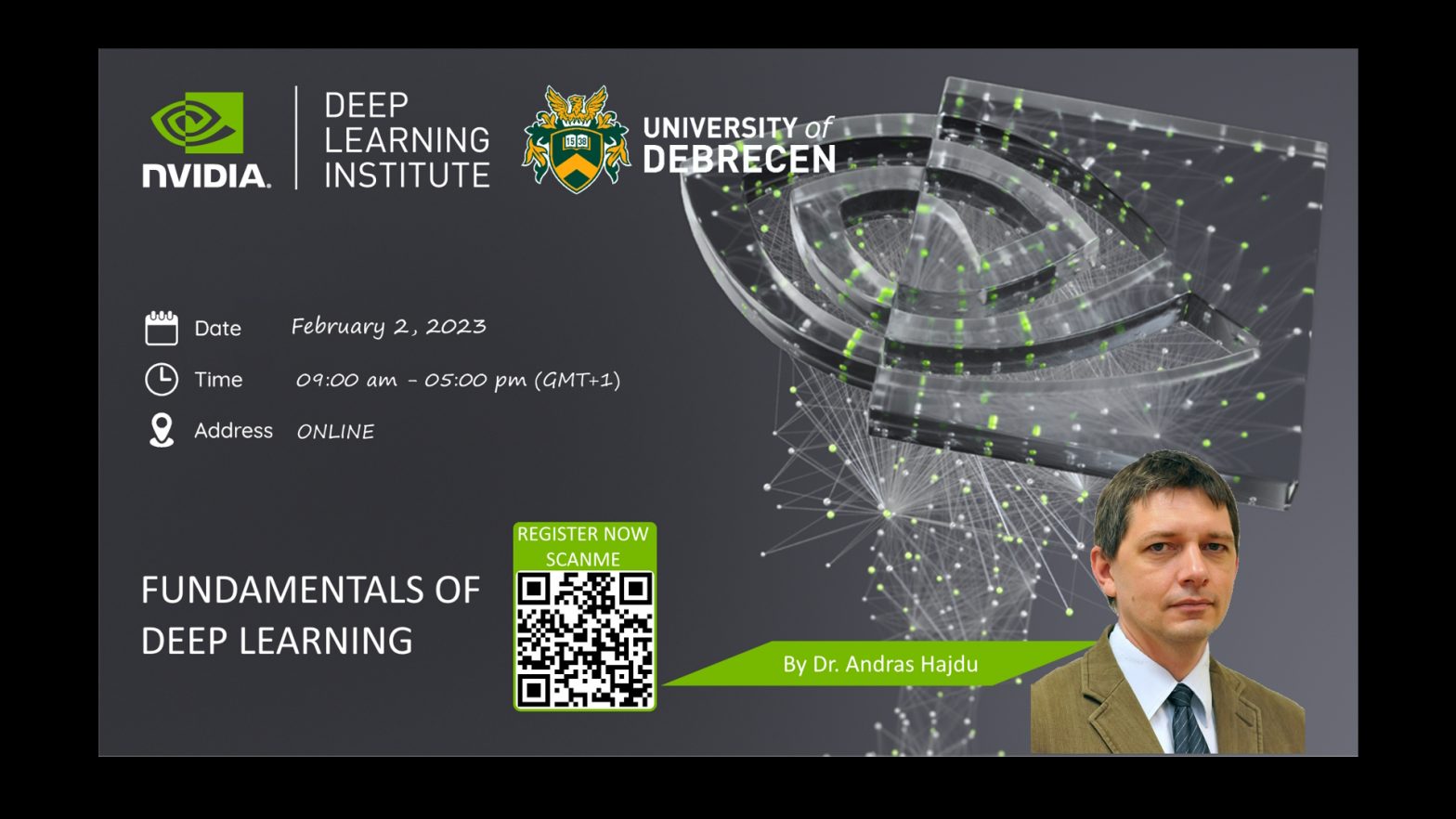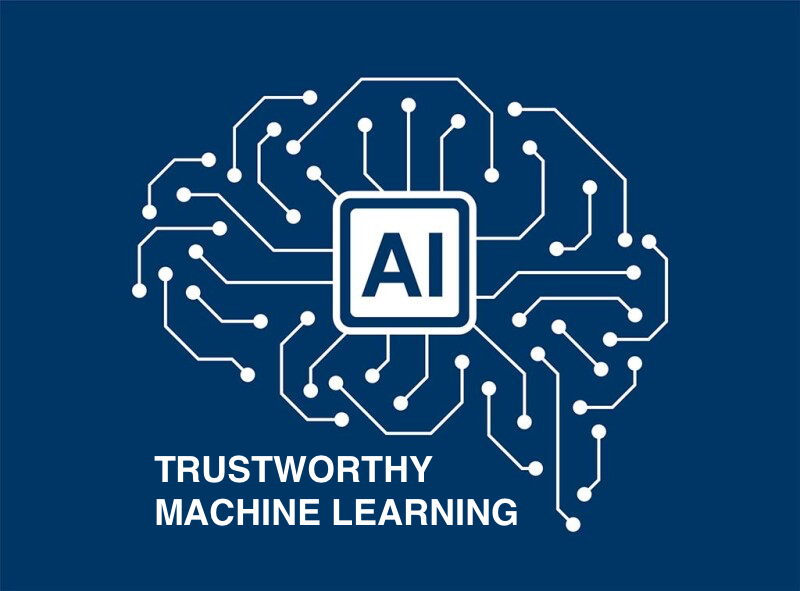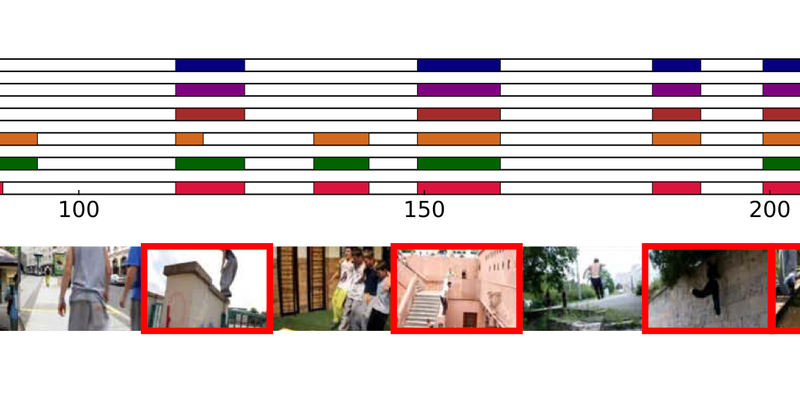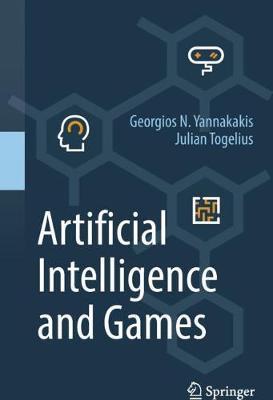Exploring the Technology and Pedagogy of Conversational AI
Title
Conversational AI and ChatGPT in Education
Lecturer
Stavros Demetriadis, sdemetri AT csd. auth.gr
Content and organization
AI disrupts Education. Especially current conversational AI tools (such as ChatGPT) pose challenging issues to educators at all levels questioning also academic integrity.
This is a short course exploring the Technology and Pedagogy of Conversational AI (ConvAI), organized around three main axes:
1) Technology: How does conversational AI work? To what extend is this knowledge necessary for educators in order to exploit ConvAI opportunities and alleviate relevant risks?
2) Conceptualization: How do people currently conceptualize ChatGPT operation? How do people discuss about the Opportunities that ChatGPT offers and the Risks it brings along?
3) Theory and Research: How does ConvAI extend and innovate our theoretical perspectives about Human-AI symbiosis? What are some early research outcomes that guide our understanding regarding the impact and the potential of using ConvAI in Education?
Accordingly the course is organized in three parts:
>>> PART A (2 hours): Covers major topics on the technology of Conversational AI such as: Word embeddings, Transformers architecture, Attention mechanism, Large Language Models (LLMs). Also topics on Human-AI interaction such as: Conversational design, and Prompt engineering. Topics will be presented in a no-math, no-code mode, with plenty of images/graphs from academic books and other online resources.
>>> PART B (2 hours): Covers topics relevant to the Opportunities and Risks of using Conversational AI and also innovative theoretical perspectives for framing Human-AI interaction. Topics include: Educational Content Generation and Editing, Communication & Language Learning, Collaborative learning, CS Education & Coding; Reliability and Validity of LLMs, Plagiarism & Proper attribution, Biases & Responsible Use; AI as a “black box”, AI roles as an intelligent partner, AI in education as a political action.
>>> PART C (2 hours): Covers topics relevant to ChatGPT-oriented Pedagogy & Research, based on current international research publications.
The course is offered from distance (zoom link to be provided) and organized in 3 lectures of two hours each. The days and time of the three lectures are as follows (hours are EET, Athens time zone):
– PART A: Thursday 30, November 2023, 15:00-17:00,
– PART B: Thursday 07, December 2023, 15:00-17:00,
– PART C: Thursday 14, December 2023, 15:00-17:00,
– WHO is this course for: This course is intended for all postgraduate students (Master/PhD), and also researchers and educators (from various disciplines and fields) who focus on the social impact and acceptance of ConvAI, especially in the domain of Learning and Education.
– Method of Presentation: The course will be lecture-based allowing also time (and providing triggers) for individual or group reflection and further discussion on the key issues presented.
Level
Introductory
Course Duration
6 hours (2 X 3 online meetings)
Course Type
Short Course
ECTS
- no ECTS provided for this short course
Marking Scheme
Submission of "Student Final Report" (SFR) (see details in "Participation terms" section)
Participation terms
Free registration for both AIDA and non-AIDA (external) students or non-student participants (e.g. educators).
How to Enroll:
Registration closed
-----------------------------
Certificate of Course Successful Attendance:
>>> If you are an AIDA Student upon successful participation you will receive your AIDA Certificate of Course Attendance.
>>> If you are not an AIDA Student upon successful attendance you will receive a digital certificate (pdf file) signed by the instructor confirming your Course Successful Attendance.
-----------------------------
Course Successful Attendance: To successfully attend the course you have to:
A) Login to the course zoom room and attend all three lecturing events as scheduled, AND
B) Submit the "Student Final Report" (SFR) after the end of the lectures. The report will ask you to critically comment on key aspects of the presented content thus demonstrating an adequate level of understanding of the major points of the course. The SFR template (and guidelines on how to submit it) will be available to download by the end of the course lectures.
Lecture Plan
Three mandatory online meetings: November 30, 15:00-17:00; December 07, 15:00-17:00; December 14, 15:00-17:00 (EET, Athens time zone)
Language
English
Modality (online/in person):
Online
Notes
About the Lecturer: Stavros Demetriadis is Full Professor with the School of Informatics, Aristotle University of Thessaloniki, Greece. His work and research interests are in the area of Learning Technologies with emphasis on: Conversational Agents (a.k.a Chatbots) for Learning, Learning Analytics, Computer-Supported Collaborative Learning, Computational Thinking, Teaching Machine Learning at School, Massive Open Online Courses (MOOCs). Since 2015 he started studying the impact of chatbots (and conversational AI in general) on aspects of student learning. He has since published relevant research in major journals in the area (for example, IEEE TLT, Computers and Education, Int. Journal of AI in Education, and others) and has led the EU funded project with the acronym ‘ColMOOC’ (2018-2021) which explored the impact of conversational agents on collaborative learning in MOOC environments. Currently his work explores various modes of Human-AI interactions that bring value to educational settings. He is author/co-author of more than 200 publications with Google Scholar reporting more than 4900 citations and h-index = 31. His work and publications can be found at Google Scholar: https://scholar.google.gr/citations?user=uV4Ki0YAAAAJ&hl=en&oi=ao This is the second edition of this short course the first being offered at the University of Valladolid, Spain.
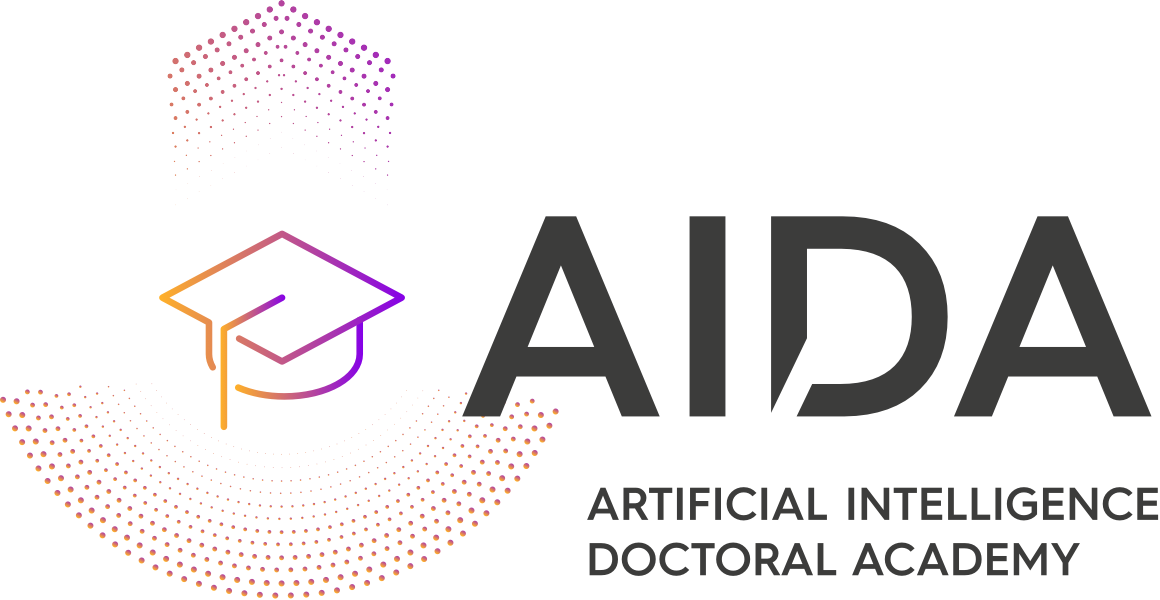
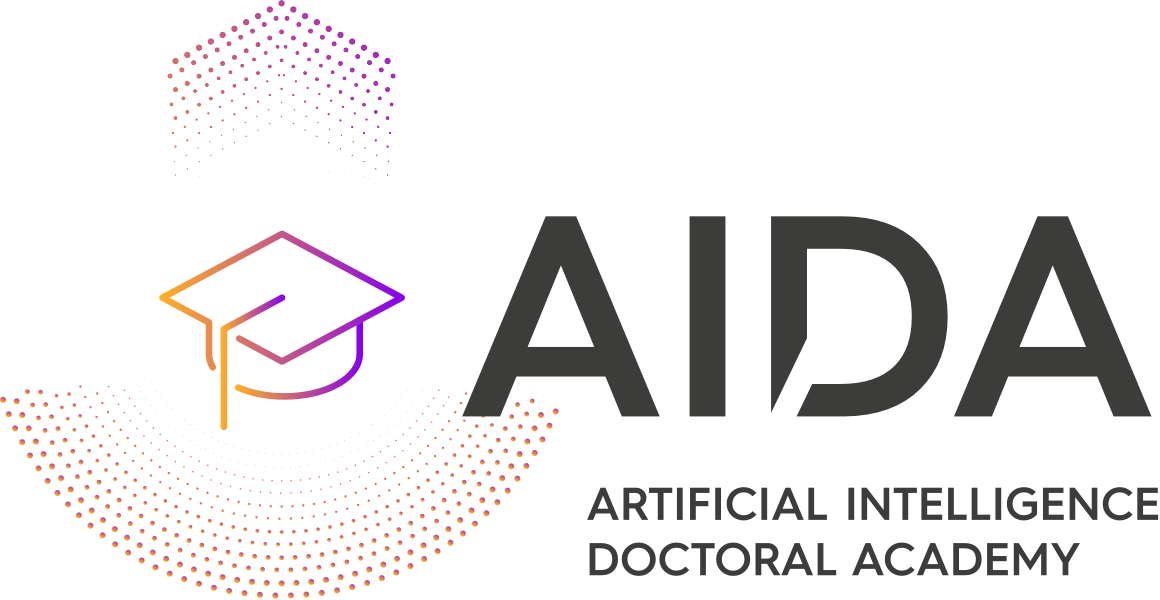

 Back to List
Back to List